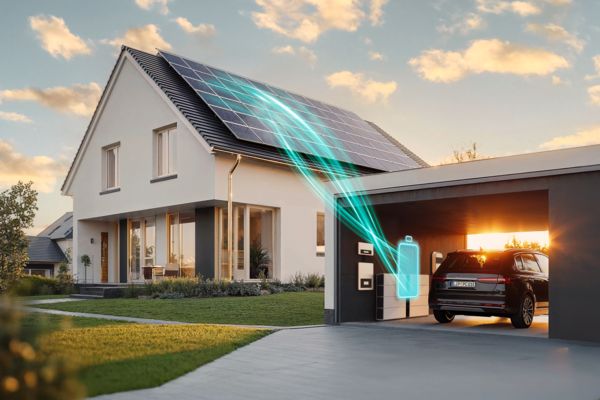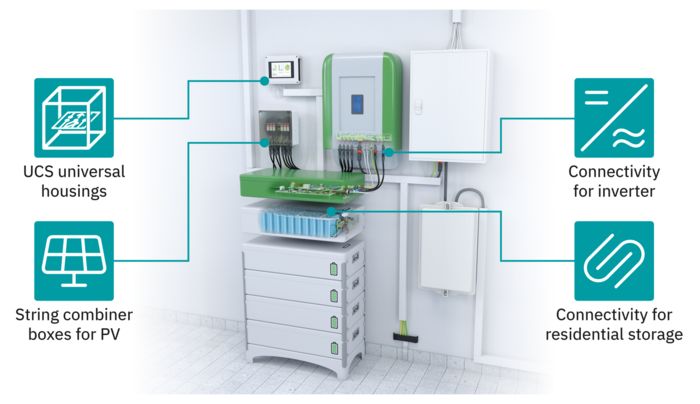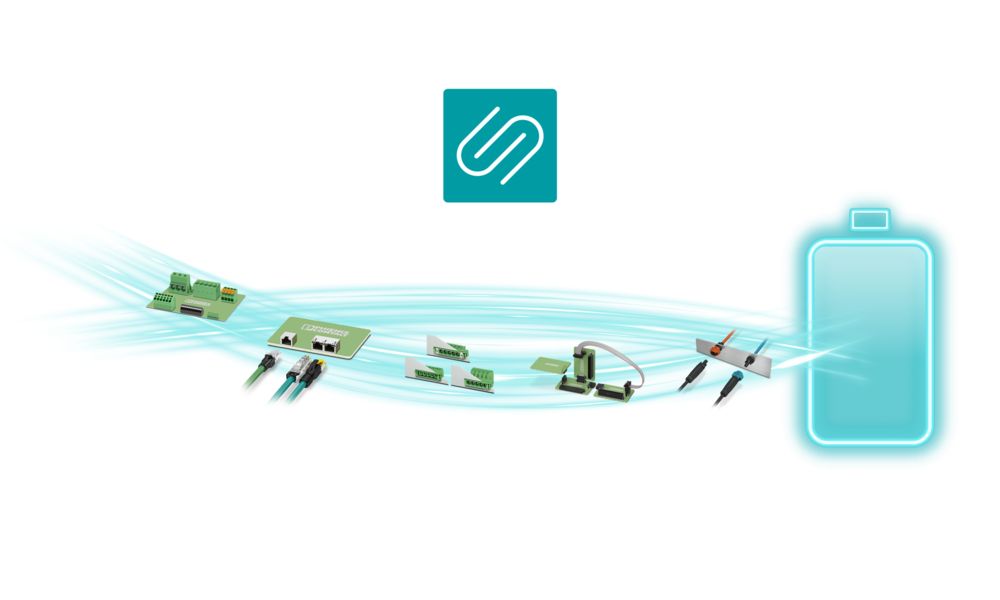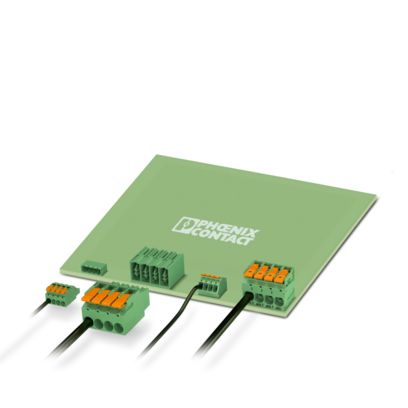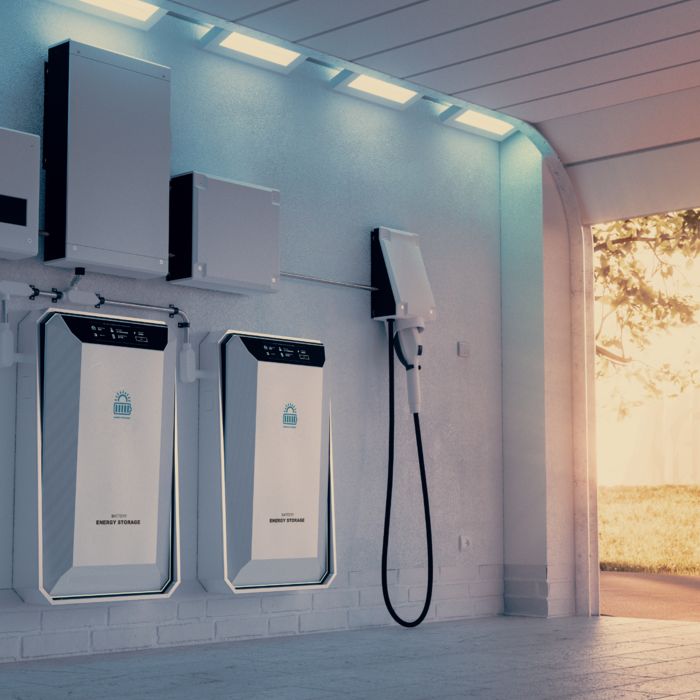
A residential storage system is an energy storage system that stores excess energy, usually generated from renewable sources such as solar power. This energy can then be used later when needed, e.g., at night or in bad weather. The storage system usually consists of batteries that store the electrical energy chemically. The storage capacity is in the range of 10 kWh.

